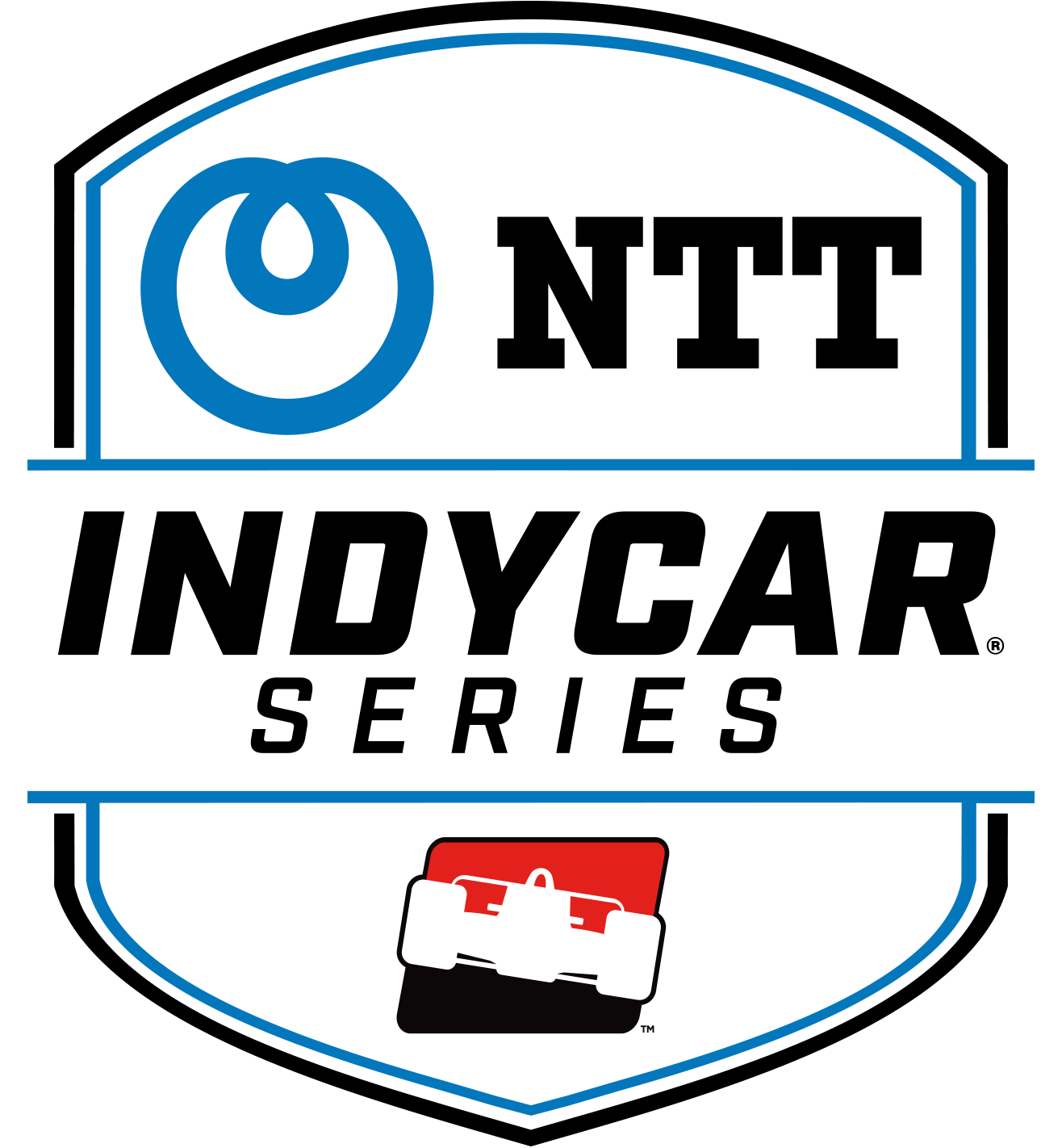Palou Would Enter Rare Air with Repeat Title in 2024
DEC 08, 2023
The calendar has not yet turned to 2024, which means Chip Ganassi Racing’s Alex Palou has a few more weeks this year to savor the NTT INDYCAR SERIES championship he recently captured.
But soon enough, the challenge of defending that title will come, and it begins with the season-opening Firestone Grand Prix of St. Petersburg presented by RP Funding, the annual street race to be held March 10. Like many other series champions before him – and including him – Palou figures to find the challenge to be significant.
Rivals will be motivated to get their hands on the Astor Challenge Cup as Palou did in September. Teammates like six-time series champion Scott Dixon will have gleaned information from Palou’s title march and hope to take their own steps next season. Palou will have to fend off all comers.
History has shown it difficult to repeat as series champion. Dixon has never won two titles in succession, and Josef Newgarden, a two-time champion, has similarly been unable to put such seasons back-to-back. Palou couldn’t use his 2021 title as a springboard to another in 2022.
In fact, only five drivers have defended their championship over the past 25-plus seasons. Such a feat happened only twice in the 1960s, once in the 1970s and twice in the 1980s.
Yeah, it’s difficult to repeat in this wildly competitive sport.
A look at the five most recent drivers to defend:
Dario Franchitti (2009, 2010, 2011)
How it happened: The Scotsman had a well-rounded season with Chip Ganassi Racing in 2009, winning two oval races (Iowa and Homestead), two street races (Long Beach and Toronto) and a road race at Sonoma. His title defense didn’t include as many trips to victory lane – he reached there three times in 2010 – but one of those wins was his second Indianapolis 500 victory. In 2011, he won the first race of the season, in St. Petersburg, then added wins at Texas, Milwaukee and Toronto. All three years were dogfights. Franchitti beat Dixon by 11 points in 2009, Power by five points in ’10 and Power again by 18 points in ’11. Interesting about Franchitti’s two title defenses: He entered the year’s final race with a deficit to Power (12 points in ’10, 11 points in ’11).
Sebastien Bourdais (2004, 2005, 2006, 2007)
How it happened: The Frenchman had a host of different challengers in his four-year run as the Champ Car World Series champion. Driving for Newman/Haas Racing, Bourdais held off Bruno Junqueira in 2004, Oriol Servia in 2005 and Justin Wilson in 2006 and 2007. In title-defending seasons, only Servia came close to derailing him, finishing 60 points in arrears. Bourdais won more than half of the races in those four years – 28 of 55, 51 percent – and opened the 2006 season with four consecutive race wins. On three other occasions, he won three races in succession.
Sam Hornish Jr. (2001, 2002)
How it happened: Those were the Panther Racing days, when driver and team were faced with validating their 2001 season championship as Team Penske moved full time to the Indy Racing League in 2002. The No. 4 car didn’t miss a beat, backing up its three-win season in ’01 with five wins in its title defense. The impressive part of that second championship season was Hornish winning the final two races – at Chicagoland and Texas – and holding off Helio Castroneves in a side-by-side battle to the checkered flag in the finale.
Gil de Ferran (2000, 2001)
How it happened: Team Penske’s driver delivered only two wins in his title defense – the same number as he won the year prior – but his consistency in the second year was more than enough to post a 36-point spread on Kenny Brack. In 2000, de Ferran beat Adrian Fernandez by 10 points, finishing two positions ahead of him in the finale at California Speedway. In 2001, de Ferran defended the title by posting an average finish of 3.5 over the final 10 races, including wins at Rockingham and Houston.
Alex Zanardi (1997, 1998)
How it happened: The Italian ripped off three consecutive race wins in the second half of the 1997 season – at Michigan, Mid-Ohio and Road America – to become a rookie champion. But the title defense was even more impressive. Zanardi won early in the season at Long Beach, then won four in succession mid-season – at Detroit, Portland, Cleveland and Toronto – to pull away. He capped his second championship by a margin of 116 points over Chip Ganassi Racing teammate Jimmy Vasser.






















